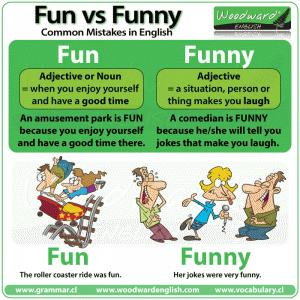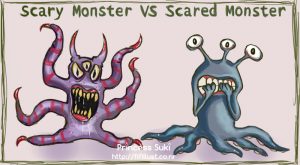
Don’t Say:
– Please lie the book on the table.
– I’m going to lay down in bed.
Say This:
– Please lay the book on the table.
– I’m going to lie down in bed.
Remember:
- You lay something down. I’m going to lay the baby down for a nap (laying him down – not lying down yourself). My daughters lays her clothes on the bed each morning.
- People lie down by themselves. Every night I fall asleep as soon as I lie down in bed. He lies down on the sofa to watch TV at night.
- Lie – not lay – is also used when you mean saying something that is not true. Don’t lie to me.

